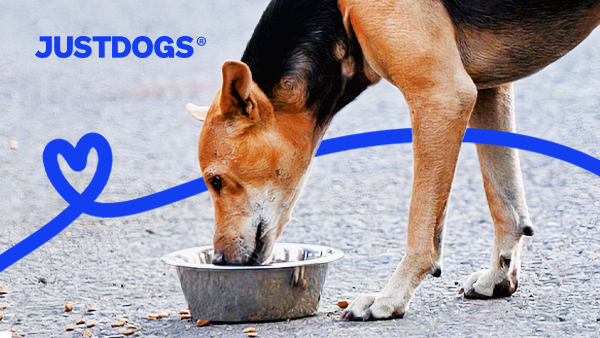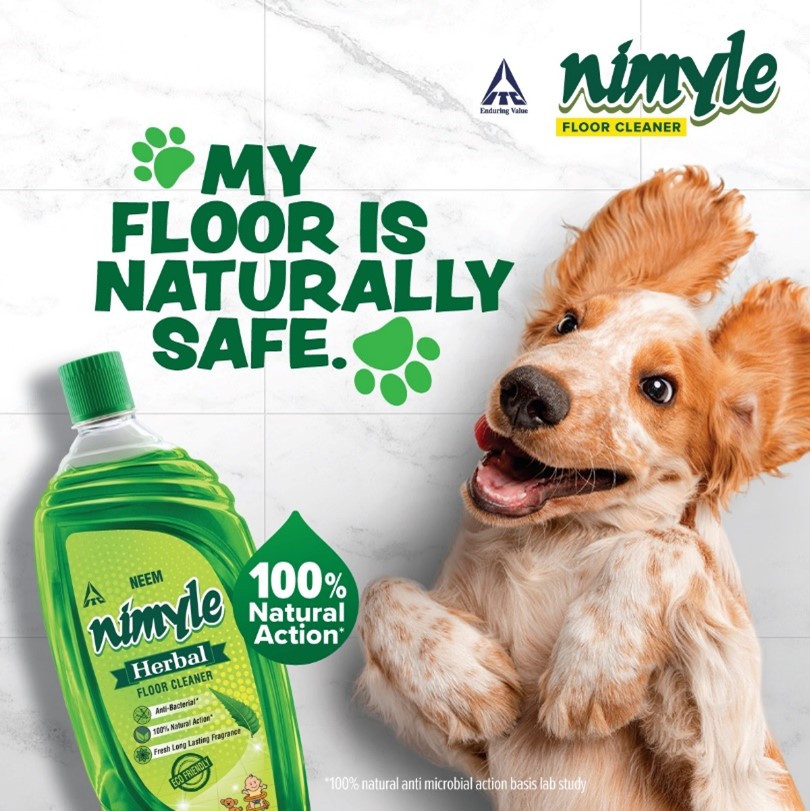Moving abroad with your pet can be a challenging task. An anxiety inducing one too, since an international move is quite different from a domestic relocation. The paperwork for movement within country borders is not a problem and can be managed by a person with relative ease. However, an international movement requires you to coordinate between governmental agencies of two countries to procure the necessary paperwork, all the while planning your own movie as well. This can be a stressor; but worry not. We’ve come up with a checklist of sorts which can help you keep track of your movement and what you may end up needing over the course of your journey.
Here are a few fundamental requirements, mandatory in nearly every country overseas.
Microchip
Your pet must be microchipped before any movement abroad; the export No Objection Certificate (NOC) required to leave the country will not be provided in the absence of a suitable microchip. The standard, ISO 11784/11785 chips are valid worldwide, and regardless of being required for an NOC, you should get your pet one as it is the only valid proof of their identity.
Rabies Vaccination & Titer Test
Rabies is an extremely lethal viral infection, transmitted from animal saliva to humans upon contact or a bite. As India is classified as a high rabies country, you’ll need proof that your pet is inoculated against the deadly viral infection, and that they’ve subsequently developed an adequate level of protection against the disease. To ensure your pet’s inoculation is recorded in a timely fashion, ensure the rabies vaccination is administered at the same time as their microchip implantation.
Once your pet has been vaccinated successfully, the next step is a titer test. A rabies titer test helps measure the number of antibodies your pet has developed, and whether the number is sufficient to prevent any future infections. A successful vaccination result should produce a ratio of at least 0.5 IU/ml, which is the level at which the vaccination is deemed a success and your pet is protected.
This process must be done in advance; it takes time, and as pet relocation cannot be done without the results of a test, it is best to plan ahead. A titer test can only be done at least 30 days after a pets rabies vaccination was administered. Also, you must wait for 3 months after the date of the sample before you can embark on international pet travel.
Animal Quarantine and Certification Service
Set up in 1969, the AQCS is responsible for the control and prevention of various zoonotically communicable diseases. They operate through quarantine stations across the country, and ensure that animal exports from India adhere to the standards of the International Zoo-Sanitary code.
AQCS is also responsible for issuing an export NOC, a document required for any overseas movement of your pet. Here’s everything you’ll need to procure an export NOC.
- Copy of the Import/Export license, permit, or an undertaking required from the owner/exporter.
- International Animal Health Certificate, including vaccination record, testing, and treatment of animals according to the health requirement of the importing country.
- Undertaking/Declaration/Documents of the origin or any other documentation as per the requirement of the importing country.
- Copy of airway bill and journey details of the animal.
- An authorization letter in case the owner is not approaching directly.
- All livestock/any animal/pet for export from India to other countries must be microchipped.
- Export Quarantine Certificate will be issued only after quarantine observation or physical examination of the animal within 2-3 days before the departure.
- The animal may be referred for a detailed examination in case it is required as per the importing country.
* Note: All attached documents with the application form must be self-attested.
Basic Vaccinations and Vaccination Record
While the vaccination requirements vary from country to country, there are a few basic vaccines your pet needs to live a healthy life. Here are the basic vaccines your pet should have before travelling internationally:
For Dogs: DHLPP - Distemper, Hepatitis, Leptospirosis, Parvo, and Parainfluenza) + Rabies. For Cats: FVRCP - Feline Viral Rhinotracheitis (feline herpes), Panleukopenia virus (feline distemper), Calicivirus + Rabies.
In addition to the vaccinations themselves, pay special attention to your pet’s vaccination record. Before flying overseas you need a passport, and the same goes for your pet. Their vaccination record is also known as a pet passport for this reason and is a document of utmost importance. Make sure your pet’s record is signed, stamped, and up to date with these details:
- Name of owner
- Address of owner
- Animals breed
- Animals sex
- Animals date of birth
- Animals colour
- Animals microchip number
- Date of rabies vaccination
- Vaccine product information
- Vaccine expiration date
A veterinary health certificate is also needed, which you can find with your veterinary professional. An international relocation will likely require all the aforementioned documents, as well as a few others, depending on their prevailing import policy and any changes which are made to it.
These basic requirements should cover your travel to most countries. But, since the COVID-19 pandemic, certain countries regularly require extra permits or documents before granting access to an animal from abroad. Here are the basic requirements to travel to some popular destinations for pet parents.
Basic Requirements
U.S.A
- Microchip
- Rabies vaccination + titer test
- Basic vaccinations
- Parasite inspection (Dogs only)
- Standard documentation + CDC dog import permit
- Veterinary Health Certificate
- Copies of Documents
**Note: CDC Dog Import Permits will not be issued upon arrival. Dogs that were vaccinated against rabies outside of the United States and arrive from high-risk countries without a CDC Dog Import Permit will be denied entry and returned to the country of departure at the importer’s expense
U.K
- Microchip
- Rabies vaccination + titer test
- Basic vaccinations
- Standard documentation + quarantine procedure
- Veterinary Health Certificate
- Copies of Documents
**Note: Ensure your vaccination book is stamped twice against each vaccine. Also, ensure to check if your vaccine manufacturer is accepted in the U.K. If you plan to move abroad, consult your vet, and make sure that the vaccines you administer in the country of origin are accepted in the U.K as well.
Canada
- Microchip
- Rabies vaccination + titer test
- Basic vaccinations
- Standard documentation
- Veterinary Health Certificate
- Copies of Documents
**Note: Canada & the Canadian Food Inspection Agency (CFIA) reserve the right to deport any animal that does not meet the import requirements. Incorrect or inadequate document preparation, inconsistencies in the vaccination record, or absence of a pet microchip means your pet will be deported.
U.A.E
- Microchip
- Rabies vaccination + titer test
- Basic vaccinations
- Standard documentation
- Veterinary Health Certificate
- Copies of Documents
**Note: Pets need an import permit to be able to enter the UAE from a different country. The import permit is valid for 30 days. All pets travelling to the United Arab Emirates require an international health certificate & the UAE veterinary health certificate attested by a competent authority in the origin country.











Post a comment